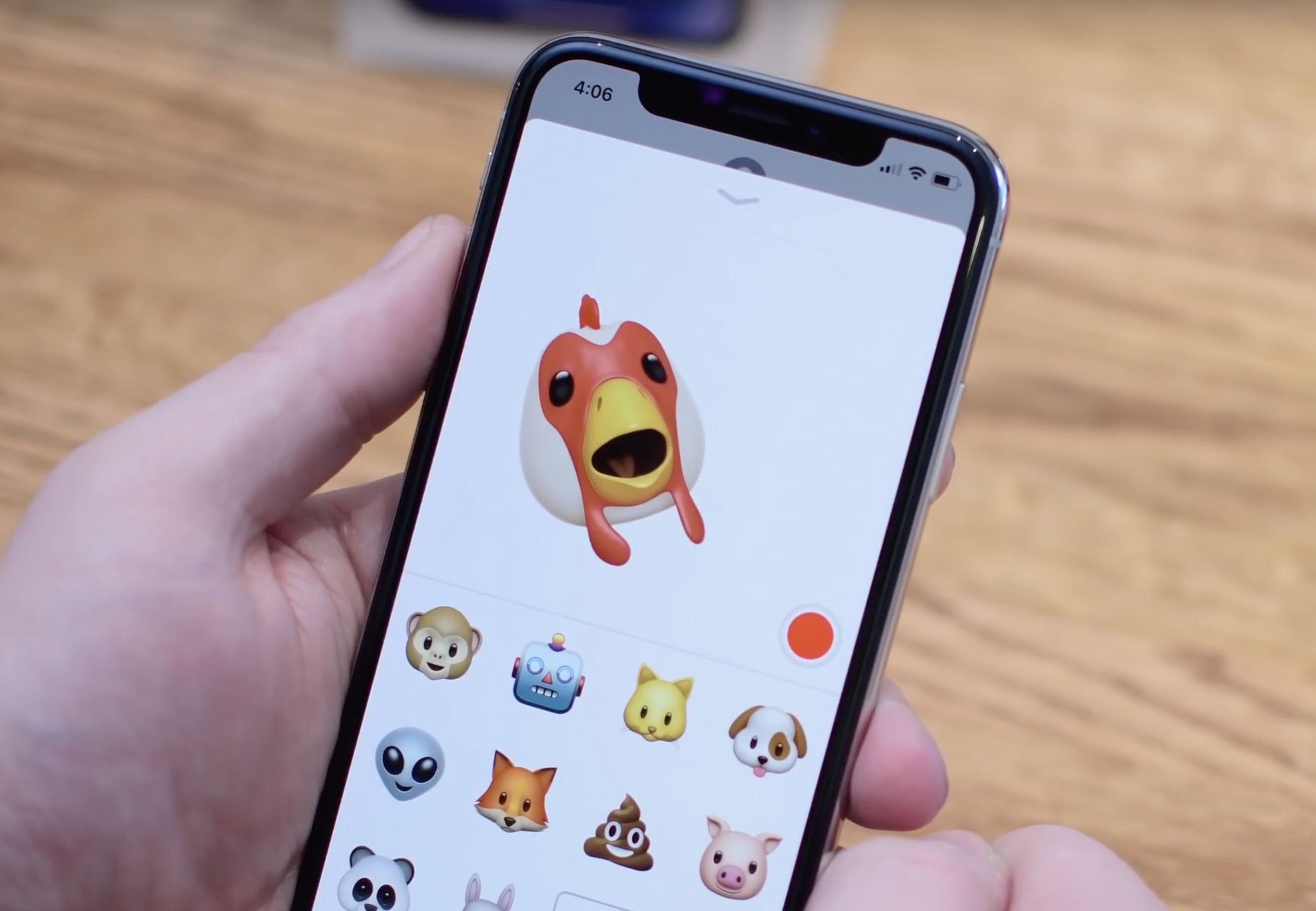
Former Apple executive Tony Fadell, who was involved in the creation of the original iPhone, took to Twitter to voice his concerns about the downsides of the technology’s ubiquity.
In a 10-tweet tweetstorm, sent yesterday after two investors penned an open letter urging Apple to improve iOS’s Parental Controls to help parents control and limit iPhone use more easily, Fadell said adults are struggling just as much as children with smartphone overuse.
“Adults are addicts—not only kids,” Fadell wrote.
“UK adults spend 8+ hours on screens a day, children about 6.5 hours,” he continued. “Don’t ignore the link between social media use and depression.”
“We need to know where the line is and when we’ve crossed over to addiction,” Fadell opined. “We need our ongoing usage habits reflected back to us. Our smartphone ‘bottle’ needs to tell us we’ve had enough.”
Apple has responded to concerns about how its products are used by kids by defending iOS’s built-in Parental Controls and other protections for children who use its iPhones.
“We think deeply about how our products are used and the impact they have on users and the people around them,” the firm said in a statement to the press. “We take this responsibility very seriously and we are committed to meeting and exceeding our customers’ expectations, especially when it comes to protecting kids.”
The company noted that it started offering some of the Parental Controls in iOS as early as 2008 and said that additional features will be coming in the near future.
Fadell, who is also known as the iPod Godfather, fears that Apple and other technology firms have become too good at manipulating people into “another dopamine hit.”
”Apple Watches, Google Phones, Facebook, Twitter—they’ve gotten so good at getting us to go for another click, another dopamine hit. They now have a responsibility and need to start helping us track and manage our digital addictions across all usages—phone, laptop, TV etc.”
Fadell proposed “an Apple Health for our entire life—not just physical activity, but digital too.”
The comment refers to a system where all usage data would be captured in one place, “using calendar that showed the history of our 24-hour activity patterns and a way to schedule our future activities (physical and digital).”
“They need to give access to that information to third-party apps so that we can manage and limit our time on them, control notifications and so forth,” he said. “There will a lot of great startups that will create useful tools to help us become balanced – digital & analog – again…
10/10
With (or without) these tools, it’s up to us to act:
Screen time rules, living in the moment, screen-free meals, relearning analog objects like books & writing & sketching, tech-free days for the family to be together. (And yes it’s ironic I’m tweeting this…) 🙂 https://t.co/wWBQNMdsYK— Tony Fadell (@tfadell) January 8, 2018
Platform vendors like Apple, Google, Facebook and Twitter, he continued, are the only ones who can do this because they own the operating system and the entire app ecosystem. “They need to do more, like single-use device modes: when I’m reading an ebook on my tablet, listening to music (a la iPod)…no email or Facebook notifications, no texts.”
He even cautioned that technology firms might face government regulation if they didn’t provide better tools for people to manage how much time they spend with their devices.
“Just like we need a scale for our weight we need a scale for our digital lives,” Fadell said in an interview with The Wall Street Journal. He told the publication that he became concerned about the issue in recent years as he saw families at resorts spending time with devices rather than each other or couples taking selfies on ski slopes rather than enjoying the views.
Here’s an interesting excerpt from the article:
Mr. Fadell, who helped develop the iPhone’s hardware, said he has broken ‘out sometimes in cold sweats’ thinking about the device’s social impact. Speaking at the Computer History Museum last May, Mr. Fadell compared creating the device to Steve Martin’s movie ‘The Jerk.’
In the movie, Mr. Martin portrays an inventor who creates a bridge to hold glasses on people’s nose. The bridge sells well until people go cross-eyed and sue Mr. Martin’s company.
‘I think about that and when the kids are looking at the digital screen and different pictures are coming up and there’s grandpa, me—am I going to be hated by them for what we created? Or are we going to be like Alexander Graham Bell?’ Mr. Fadell said.
Fadell was on the team that worked on the first iPhone. After leaving Apple, he founded smart thermostat startup Nest, which he sold to Google for $3.2 billion.
Have children (and their parents) become slaves to their iPhones and social media? Is it up to companies like Apple to take an active role in promoting healthy smartphone habits? Should policing smartphone usage fall to parents?
Sound off in the comments section down below!